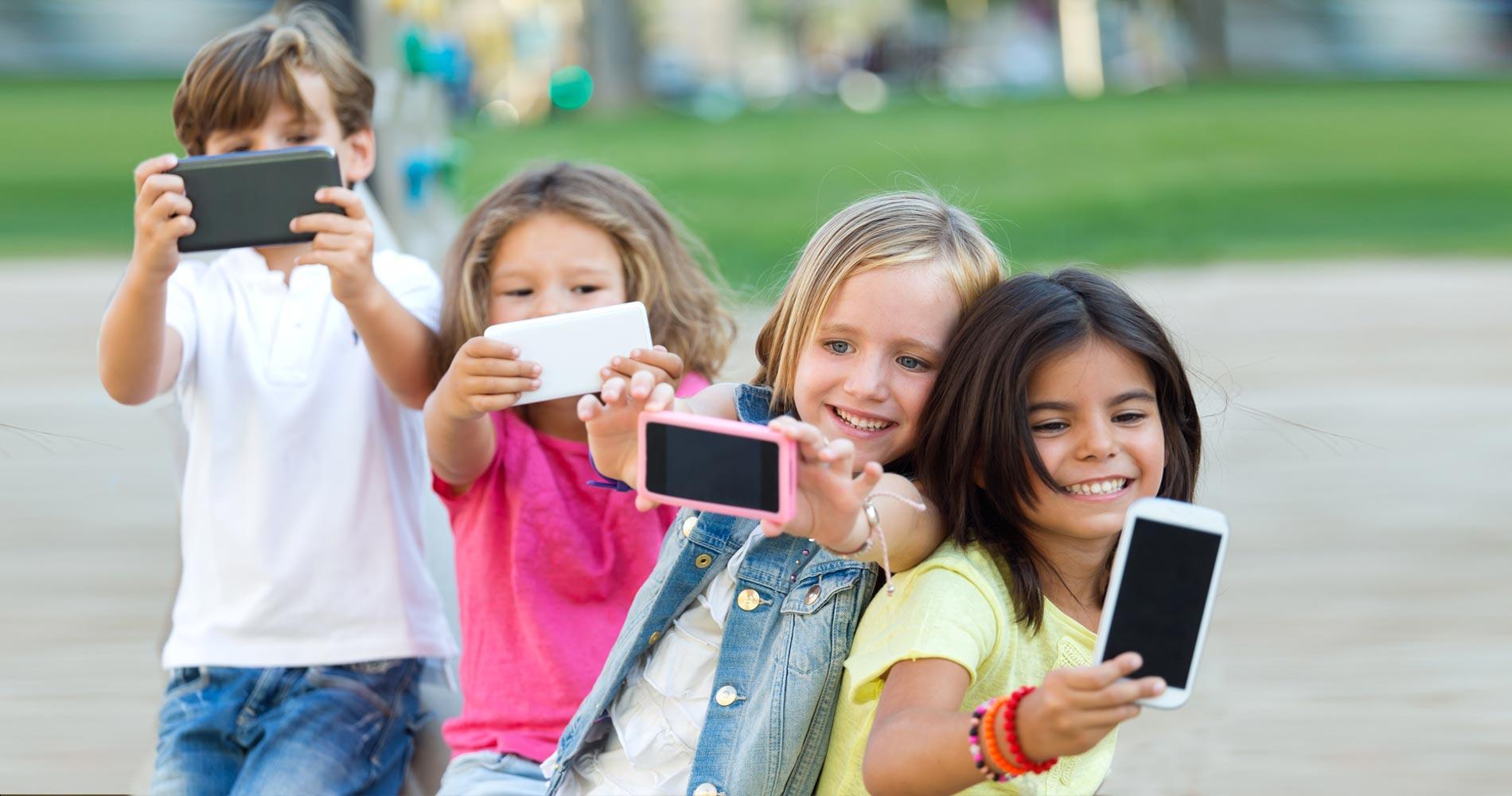Social media is unquestionably here to stay. Researchers are becoming increasingly concerned about the effects of social media on human behavior and, in a recent ground-breaking study, on brain development in young people.
David Deegan, 2 March 2023
Internet-based social media platforms have been in existence since the mid-1990’s. For many people they are an integral part of the way they communicate and live their lives – they have not known a world without it. For older generations, there is the potential to compare current realities with the social behaviours they experienced before the advent of sites such as Facebook, MySpace, Instagram, Snapchat etc.
The internet enables access to information and communication 24 hours a day, and therefore social media platforms provide instant and constant information that may not be up-to-date or accurate. Social media are driven by “social rewards”. Information shared by the user is appraised by “likes”, “dislikes” and comments left by readers. Feedback is posted at any time, so users are tempted to check accounts around the clock.
The recent Covid pandemic further boosted the usage of social media as many people became physically isolated and relied on communication via online platforms to have human contact.
There is some evidence that social networking sites are negatively affecting social interaction, interpersonal empathy and personal identity. Also, researchers have shown that there is a detrimental effect on the brain’s plasticity, i.e. its ability to process information and react appropriately. Opinions and memes abound concerning the “killing of the art of conversation”, the “over-exposure to information” and the “rise of fake news”. Ironically, these claims and opinions are themselves relying on social media to boost their readership, so the genie is unlikely to ever be returned to the bottle.
Yet for all the internet-chatter about the effect of social media on human behavior, there is a relative paucity of academically-based evidence as to how it might be affecting us. Reliable and conclusive evidence requires long-term studies, and, despite its ubiquity, large-scale usage of social media is still a relatively new phenomenon, so statistically-significant research is somewhat behind the curve.
During adolescence the brain undergoes significant changes, in particular in relation to the way that teenagers develop sensitivity to rewards/recognition from others, especially their peers. Some researchers are therefore concerned that the “social reward” foundation of social media could affect brain development in adolescents.
The January 2023 issue of JAMA Pediatrics, a monthly peer-reviewed medical journal published by the American Medical Association, shared the results of a study which had set out to explore whether the frequency of adolescents’ checking their social media platforms is causing changes in their brain development. (Association of Habitual Checking Behaviors on Social Media With Longitudinal Functional Brain Development: Maria T. Maza, BS; Kara A. Fox, MA; Seh-Joo Kwon, BS; Jessica E. Flannery, PhD; Kristen A. Lindquist, PhD; Mitchell J. Prinstein, PhD; Eva H. Telzer, Ph).
This study was conducted over three years, and followed 178 adolescents from rural North Carolina, recruited for the study at the age of 12. It tracked the development of specific areas of the brains of users who were presented with a range of social cues, and measured their speed of response. Results were examined against the frequency at which the individual checked their social media.
The initial findings suggested that those who had a high frequency of checking their social media were becoming, during the study, increasingly sensitised to social cues. There is a concern that the more that individuals are sensitized to social cues, the more they will increasingly feel the need for social affirmation and check their social media more often, perhaps compulsively – a vicious circle. There is also concern that this increased sensitivity to social cues may lead to other compulsive and/or problematic behaviors.
The researchers were aware that the study had limitations. They could not determine whether individuals were already on a different speed/trajectory of neural development before the study. They could not determine whether an individual’s speed of response at the start of the study had been affected by their prior checking behavior on social media, or by some other pre-existing neural development issue.
They also recognised that while the study highlighted differences in brain development, they could not determine whether this would ultimately be beneficial or detrimental. While concerns remain that increased sensitivity to social cues may lead to behavioral issues, the researchers also recognised the possibility that the change in sensitivity might also enable the adolescents to function more effectively in a world that is becoming increasingly digital.
The nature of the study and the results indicated that the researchers were not able to recommend what needs to be done. However, as a unique long-term study with a large group, it highlights that brain changes are occurring and therefore further long-term scientific research that separates correlation from causation is needed.
Social media, with all its opinions, anecdotes, memes and news (fake or otherwise) are here to stay. Taking appropriate action to understand and control this development, and to avoid manipulating and misleading the general public demands that significant research on this is needed now.
Brain drain can occur not only when highly developed persons move from one place to another, but social medial research has shown it can also occur in individual brains. So brain development can go backwards as well as forwards. Too much information can become the functional equivalent of too little, which is to say that the brain rebels against information overload.
Or, as the great poet William Blake said, “You never know what is enough until you know what is more than enough.”







